By Becky Swanberg — EMoon Lead Content Editor and Middle Reader Novelist
I’ve had the pleasure of talking about writing and editing, how one leads to the other, and how one helped me do the next with compassion. Today I want to talk about some things I’ve learned in regards to finding a creative rhythm of life.
The storied ideal of the creative soul walled up in his/her workshop or studio for hours on end is certainly appealing. Can you imagine writing every time inspiration hit? Feeling the freedom to create without one eye on the clock? Working until all hours of the night because your typing can barely keep up with the steady flow of words? I can’t.
For most creatives, our work and art fit into the landscape of the rest of our life. This doesn’t mean that we can’t thrive or pursue a craft diligently, but it does mean we have to reconcile our artist soul with our everyday roles. This has been a confusing and disorienting practice for me, but I’ve learned some hard lessons that I’d like to pass on to you.
When it comes to your creativity, figure out what fuels you and what drains you. Your creative energy is like a well sitting still within you. You add and take from it even when you aren’t creating. For me, things that fuel my creativity are reading, connection with people, music, silence, being outdoors, and getting enough sleep. Those things are probably pretty obvious, right? But the things that drain my creative energy have surprised me: too much media, fears that I’m holding but not sharing, reading too many writing books or articles, clutter, and a hectic schedule. What about you?
Look for principles, not rules. Any article that starts with “every writer must” makes me roll my eyes and click away. Writing or creating any form of art is an individual and personal endeavor. While there are principles you can apply and wisdom to be heard, there is no one way that fits every person. Instead, I encourage you to find writers or artists whose process resonates with you. I thought I was a crazy person in regards to my own writing habits until I read the essays of Katherine Paterson. The ways she talks about story ideas, developing characters, and even her theology of books rang deep for me. I trust her voice and I heed her warnings, and I hope you can find artists who can lead you in your craft.
Learn to identify with your work without finding your identity in it. At a particularly dark time in my creative life, I read Emily P. Freeman’s A Million Little Ways, a book about uncovering the art you were made to bring into the world. In it, she writes, “You are art, and you make art. But you are not your art. You are God’s art.” When we can see our creative work as an offering and not as an audition, we can rest and create in freedom.
Be a good boss. This is another principle that I learned from Katherine Paterson from an essay she wrote about how she treats herself. As a writer, she’s her own boss. But she treats herself in the way she might hope to treat an employee. What would that mean for you to be a kind boss to your creative self? If you scheduled a time to work, you would show up. If you’re struggling with a specific aspect, you would offer yourself grace, resources, and encouragement to keep trying. You would value genuine effort over results you can’t control. You’d applaud small victories. You’d avoid the constant loop of criticism and doubt. You’d be on your own team. As ridiculous as it sounds, it has taken me a lot of internal work to learn to be a good boss to my creative self.
Keep going. Those two words are easy to offer but hard to swallow. But in the midst of rejection, creative drought, confusion, and despair, you have to keep going. I was reminded of this just a few days ago when a road trip with my kids took an unexpected turn. After a flat tire less than an hour into the trip, we spent five hours trying to get it fixed. Our plans had to change. We spent a lot of time in frustration. We fought hard to trust God and not turn on each other. But we kept trying to get there. As we drove through the dark, I tried not to think about how we should have been there six hours ago. I forced myself to acknowledge that it was out of our control, but we were still fighting to get there. We had to keep going.
I offer these points as things I’ve learned, but they are really more like things I have to constantly remind myself. Things I cling to. Things I force myself to believe when this publishing journey feels bleak.
I hope you will consider the ways you can fuel your creativity, and that you will keep offering your words and your art to the world.
Thank you for joining me on this three part blog journey through “The Process of Story Creation.”























